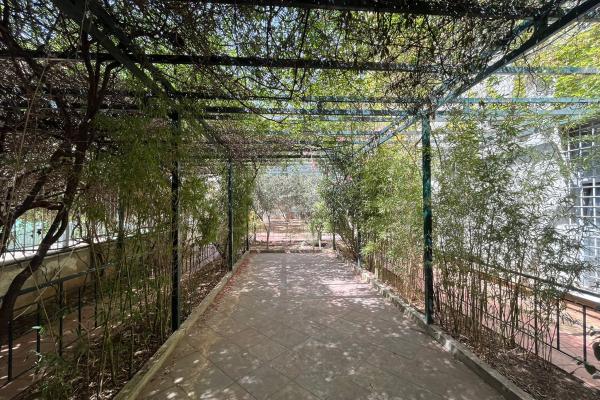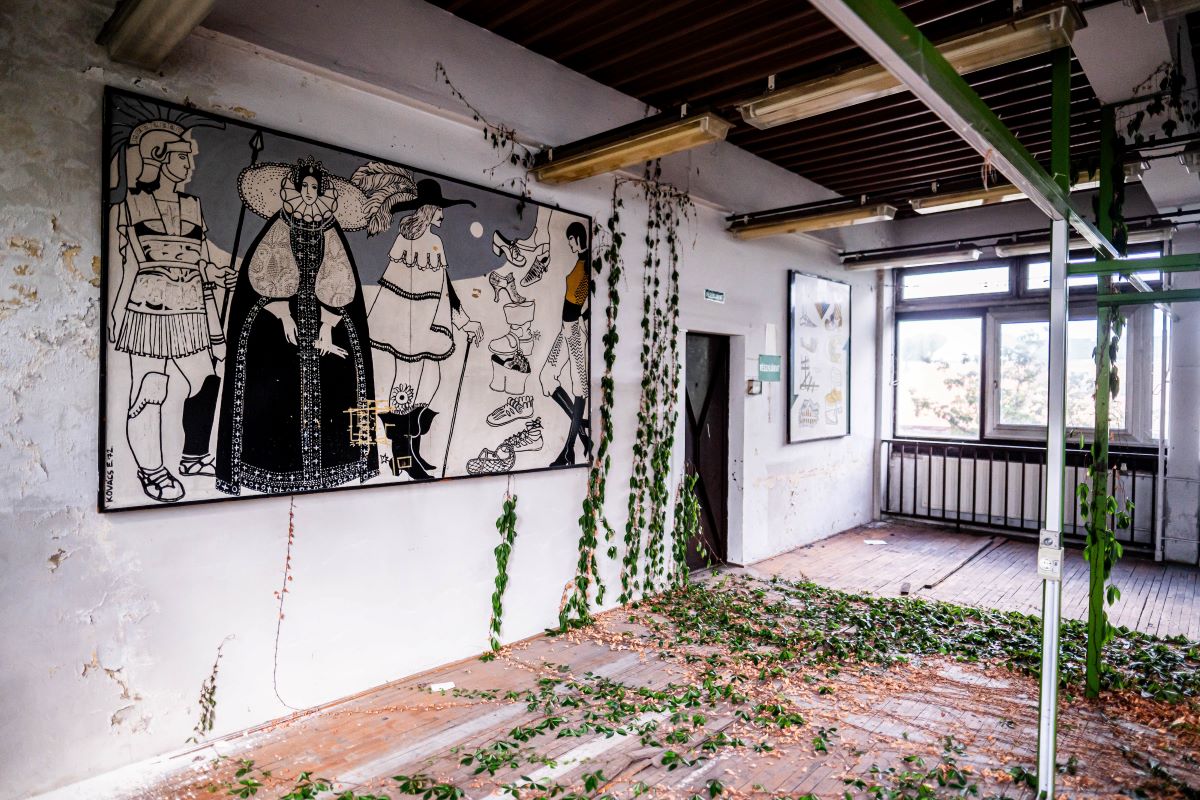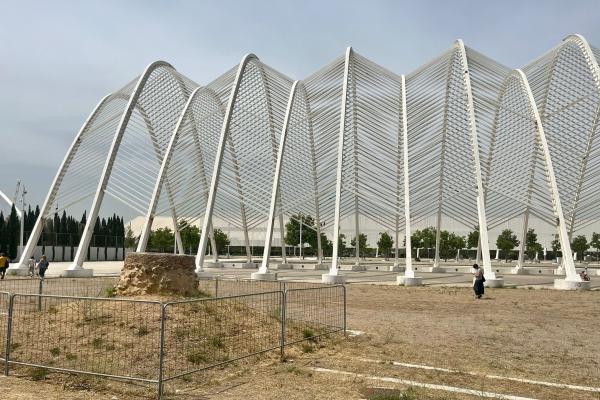
First edition of EUI Policy Lab – Leveraging Culture and Cultural Heritage for positive urban change
In recent years, culture and cultural heritage have been seen as one of the key cornerstones of Sustainable Urban Development. They not only instil a sense of value and common identity in society, but also are key assets for regional competitiveness, social cohesion, and economic growth of European cities. Furthermore, there is a positive correlation between rates of citizens' engagement in cultural activities and indicators of civic engagement, democracy, and social cohesion.
Acknowledging the important role of culture and cultural heritage as drivers for change in the urban environment, coordinated efforts at the EU level have mainstreamed investments and policies to achieve meaningful results in preserving and enhancing cultural assets and fostering equal access to culture. In that, many programs and initiatives under Cohesion Policy support cities in:
- Leveraging culture for creativity and place-based approaches to urban change
- Highlighting the role of culture in our attempts for a green and just transition and a circular economy
- Reinforcing their economic strength through a sustainable approach to the consumption of culture and sustainable tourism
The European Urban Initiative also recognizes the role of culture and cultural heritage as a Sustainable Urban Development driver, and is organizing a dedicated Policy Lab on this topic. This event, scheduled for 26th and 27th September in Chalandri, Greece aims to emphasize the transformative power of culture and cultural heritage in urban settings and to explore how culture and cultural heritage can drive social cohesion, environmental sustainability, and economic resilience in European cities.

Chalandri cultural heritage
What is a Policy Lab?
A Policy Lab is a two-day focused event that will bring together urban authorities, city practitioners, policymakers, and stakeholders from across the EU. The objective of the event is to capture evidence-based solutions implemented by urban authorities, showcase, and disseminate their good practices and effective policies. This event will provide practical evidence of using culture and cultural heritage as levers for positive change and generate new knowledge to inspire and guide urban practitioners when using their own cultural heritage as a driver for sustainable urban development.
The Lab will build on the achievements and lessons learned from various EU-supported initiatives, including but not limited to the Urban Agenda for the EU partnership on culture and cultural heritage, Urban Innovative Actions, and URBACT networks. These programs have demonstrated the powerful role of integrated and people-centred approaches in addressing diverse urban challenges such as tourism, inclusive employment, climate change adaptation, dissonant culture, and natural restoration through cultural initiatives.
Why Should You Participate?
Participation in this Policy Lab will allow urban authorities to delve deep into how culture and cultural heritage can be leveraged to address diverse urban challenges and promote sustainable development. Whether your city faces challenges in climate adaptation, energy transition or land-use management, or your city faces challenges with regards to social cohesion and urban regeneration, culture and cultural heritage can be effective tools in bridging the gaps between sectors, engaging the local community and achieving a positive change in your city.
The Policy Lab is also a great opportunity for all urban actors to acquire practical knowledge through peer learning and access to innovative solutions successfully implemented in other cities, providing valuable insights for your own urban contexts. Networking opportunities abound, allowing you to connect with a diverse group of stakeholders, including urban authorities, actors involved in the field of culture and cultural heritage, policymakers, and experts, fostering collaboration and partnership opportunities. You'll also have the chance to contribute to policy making by engaging in discussions and helping to develop recommendations and policies that will guide future urban initiatives across the EU. Lastly, you can increase the visibility and recognition to your city's achievements and innovative projects, showcasing them to a wider audience and highlighting your efforts in the realm of culture and cultural heritage.
By attending this event, you will be part of a collective effort to leverage cultural assets for meaningful urban change, ensuring that the valuable lessons learned and innovative practices are effectively disseminated and adopted across Europe. Join us in Chalandri, Greece, to explore the powerful role of culture and cultural heritage in shaping the future of our cities and to be inspired by their transformative potential to achieve sustainable urban development in EU.
Practical details and registration:
Registerations are now open and done through: EUI Policy Lab: leveraging culture for positive urban change | EUI (urban-initiative.eu)
The preliminary programme of the event is as follows:
- Day 1, 26th September
The day will include activities from 9:00 to 18:00:
- An opening session with political representatives from the city of Chalandri,
- A keynote speech by a representative of the European Commission
- A plenary session with discussion between EU cities
In the afternoon, there will be workshops focusing on concrete experiments and practical applications, followed by site visits, including a visit to the CULTURAL H.ID.RA.N.T. project in Chalandri. The day will conclude with a social networking evening, providing an opportunity to network with other participants.
- Day 2, 27 September
Activities will take place from 9:00 to 17:00. The focus will be on exploring key issues related to culture and heritage and urban development through interactive workshops. This will be followed by a concluding plenary session, which will summarise the main findings and outcomes of the discussions.
Early registrations are encouraged to secure a spot as places are limited.

